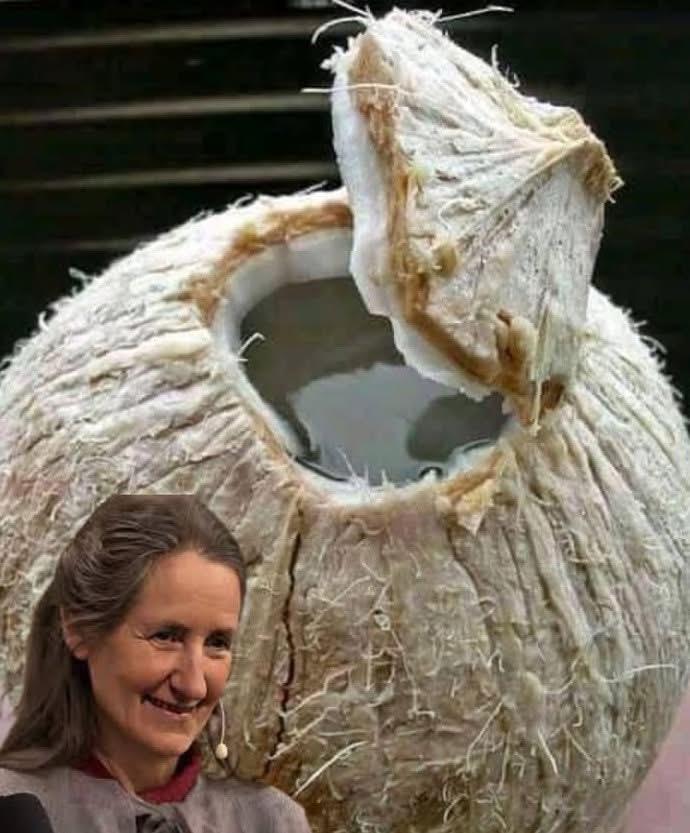
Introduction
The coconut, often called the “tree of life,” is one of the most versatile natural gifts to humanity. From its sweet water that refreshes the body to its nutritious meat and oil, the coconut has been cherished for thousands of years. Cultures across Asia, Africa, the Pacific Islands, and Latin America have long relied on coconuts not only for food but also for shelter, medicine, and even spiritual rituals.
History and Origins
Coconuts are believed to have originated in Southeast Asia and the Indian Ocean regions. Ancient sailors carried coconuts during long voyages because they provided both hydration and nourishment. The floating coconuts would wash up on distant shores, planting themselves and spreading naturally across tropical coastlines.
In Hindu mythology, the coconut is a sacred offering to deities, symbolizing purity and prosperity. In the Pacific Islands, coconuts have been an essential survival food for tribes for centuries, while in Caribbean culture, coconut water and oil are key ingredients in traditional cooking and healing practices.
Nutritional Benefits
Coconuts are often considered a superfood because every part of the fruit is beneficial:
- Coconut Water: A natural electrolyte-packed drink, low in calories but high in potassium, magnesium, and hydration power.
- Coconut Meat: Rich in healthy fats, fiber, and minerals like manganese and copper.
- Coconut Oil: Boosts brain health, supports skin and hair care, and serves as a natural antimicrobial.
- Coconut Milk: A creamy dairy alternative, perfect for curries, smoothies, and desserts.
Regular consumption of coconuts can aid digestion, boost immunity, support heart health, and provide sustained energy.
Uses Beyond Food
Coconuts aren’t just about eating and drinking. Traditionally, nearly every part of the coconut tree is useful:
- Husk fibers: Used for ropes, mats, and brushes.
- Leaves: Woven into baskets, roofs, and mats.
- Wood: Strong enough for furniture and construction.
- Shells: Turned into bowls, utensils, and even musical instruments.
This is why many tropical cultures call the coconut tree the “Tree of Life.”
Methods of Enjoying Coconuts
There are countless ways to enjoy coconuts in daily life:
- Fresh Coconut Water – Drink it straight from the shell, chilled for maximum refreshment.
- Coconut Smoothies – Blend the meat and water with fruits for a creamy tropical drink.
- Coconut Curry – A staple in Thai and Indian cuisine, coconut milk creates a rich, aromatic base.
- Baked Goods – Desserts like coconut macaroons, pies, and cakes highlight its natural sweetness.
- Coconut Oil for Wellness – Used in oil pulling, hair masks, and natural skincare.
Fun Facts
- A coconut can float in the ocean for months without spoiling, making it one of nature’s best travelers.
- During World War II, coconut water was sometimes used as an emergency IV fluid because of its purity and electrolyte content.
- The largest producers of coconuts today are Indonesia, the Philippines, and India.
Conclusion
The coconut is more than just a tropical treat; it is a symbol of survival, health, and cultural richness. Whether sipped as a refreshing drink on a hot day, used in traditional medicine, or crafted into tools and art, coconuts continue to prove their incredible versatility. Truly, it is no exaggeration to call the coconut a miracle of nature and a lifelong companion to humankind.